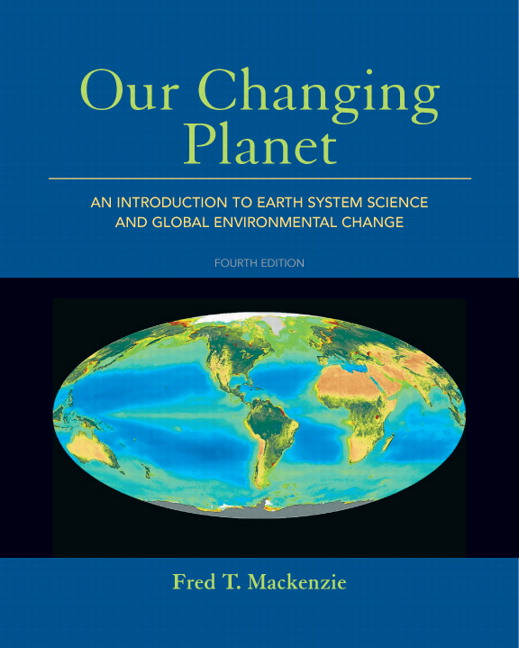Hamilton Scholar to speak on global warming April 14
SMU’s Hamilton Visiting Scholar in Geophysics, Fred T. Mackenzie, will speak on 'Climactic Change: Natural and Human-induced Global Warming' at SMU on April 14.
SMU’s Hamilton Visiting Scholar in Geophysics, Fred T. Mackenzie — who has been warning of the consequences of global warming — will speak on Climactic Change: Natural and Human-induced Global Warming at SMU on Wednesday, April 14.
The lecture, which is free and open to the public, is at 7 p.m. in the Collins Executive Education Center on campus.
Mackenzie is professor emeritus of sedimentary and global geochemistry at the School of Ocean and Earth Science Technology at the University of Hawaii, Manoa. His latest research is focused on ocean acidification driven by increased carbon dioxide in the atmosphere and the resulting destruction of coral reefs that are home to 25 percent of marine life.
“Anybody who is interested in earth systems science uses his book, Our Changing Planet, as a reference,” said Robert Gregory, chair of the Huffington Department of Earth Sciences in SMU’s Dedman College. “Soon to be published in its fourth edition, it’s an encyclopedia of everything you ever wanted to know about global cycles.”
Mackenzie testified at the Hearing on Climate Change Impacts and Responses in Island Communities before the U.S. Senate Committee on Commerce, Science and Transportation on March 19, 2008.
"Global sea level is rising about 50% faster in the early twenty-first century than predicted by the IPCC (Intergovernmental Panel on Climate Change) in their 2001 report, perhaps the first sign of accelerated sea level rise," Mackenzie told the committee. "Average rates of sea level rise during the last several decades were about 1.8±0.5 mm/yr, with a larger rate of increase during the most recent decade of 3.1±0.7 mm/yr."

In his conclusion to the committee, Mackenzie said that "some key concerns and needs for Hawai‘i and Pacific island communities" include:
- The adaptive capability of the human systems is generally low for small islands and their vulnerability is high; small island communities are likely to be among those regions most seriously impacted by climate change.
- The projected global sea level rise and its geographical variability in this century will cause enhanced coastal erosion, loss of land and property, dislocation of people, increase risk from storm surges, reduced resilience of coastal ecosystems, saltwater intrusion into freshwater resources, and high resource costs to respond to and adapt to these changes.
- Islands with very limited water supplies are highly vulnerable to the impacts of climate change on their water balance.
- Coral reefs are likely to be negatively affected by bleaching due to increasing temperature and by reduced calcification rates due to higher carbon dioxide levels and consequent ocean acidification; mangroves, sea grass beds, and other coastal ecosystems and their associated biodiversity are likely to be adversely affected by rising temperatures, accelerated sea level rise, and increasing acidity of seawater.
- Declines in the water quality and pH and increasing temperatures of coastal ecosystems could negatively impact reef fish and threaten reef fisheries, those who earn their livelihoods from reef fisheries, and those who rely on the fisheries as a significant food source.
- Limited arable land and soil salinization make agricultural practices for small islands, both for domestic food production and cash crop exports, highly vulnerable to climate change.
- Tourism, an important source of income and foreign exchange for many islands, likely would face severe disruption from climate change and sea level rise.
- Island communities will mainly have to adapt to climate change and its impacts. Mitigation of greenhouse gas emissions is important from a strategic and sustainability viewpoint but will have little effect on rising atmospheric greenhouse gas concentrations.
- There is a need for a new Pacific regional assessment of climate variability and change in light of improved models and observations made since the last assessment of 2001.
- Regional-based climate information services should be established for the Pacific region, perhaps by the University of Hawai‘i or by NOAA, to provide climate services that bridge the gap between local weather and global climate change information for island communities. These services should include community educational resources on climate change and variability and on the anticipated impacts and vulnerability and adaptation to climate change and rising sea level.
# # #